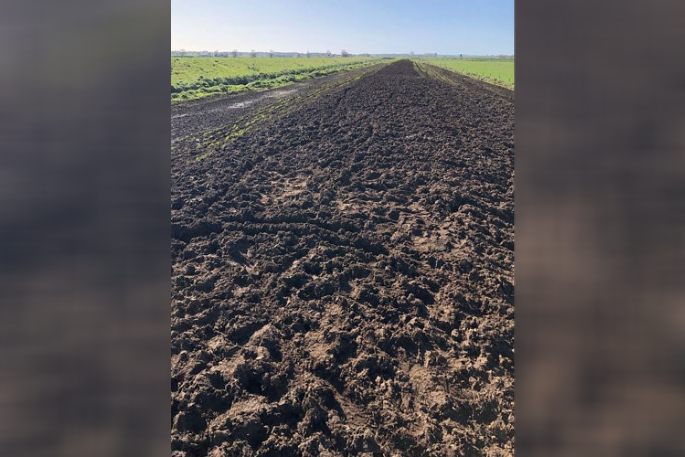Winter has arrived in the Bay of Plenty, and with it, plenty of wet weather. That’s why Toi Moana Bay of Plenty Regional is reminding landowners living near the region’s flood defences to refresh themselves of the rules.
The Regional Council manages and maintains nearly $440m worth of flood protection defences, including stop banks, floodwalls, floodgates and pump stations, across five major river and drainage schemes that serve more than 54,500 targeted ratepayers.
Rivers and drainage asset manager Kirsty Brown said the Flood Protection and Drainage Bylaws provide protection from damage and misuse of infrastructure assets that significantly reduce the risk of flooding to communities across the region.
There are two common issues her team sees: stock overgrazing or pugging on stop banks, and unwanted materials being left or stored on stop banks or in drains.
“While light grazing of sheep and cows is allowed on stopbanks, when a stop bank becomes wet stock can churn up the ground, damaging grass cover and causing risk to soil structure.
“Good grass cover is essential to soil strength underpinning a stop bank and without it, a stop bank could potentially fail.”
When stock intensively trample wet soil, the soil aggregates are broken down, and spaces (pores) in the soil are reduced. This phenomenon is called pugging. Pugging causes poor drainage – the soil will stay softer and wetter making it more susceptible to further pugging.
Unwanted, stored or leftover materials that are in or near floodplains, rivers or drains can also cause damage to flood defences.
While it may seem harmless, Brown said these materials can move during heavy rain blocking drains, pump stations and flood gates.
“If these assets are unable to work properly during these weather events, it can have devasting impacts on neighbouring properties and the wider community. Under the Flood Protection and Drainage Bylaws, these are not permitted, and landowners can be liable for any damage to the flood defences.”
Brown said the Regional Council’s Rivers and Drainage team routinely monitors the condition of flood defences, but also welcomes contact from members of the public who may suspect a problem.
“Our 24/7 Pollution Hotline (0800 884 883) is the best way to report any areas of concern.”
Find out more about flood protection in the region, including details of the Bylaws, on the Regional Council website at www.boprc.govt.nz/flood-defences



0 comments
Leave a Comment
You must be logged in to make a comment.